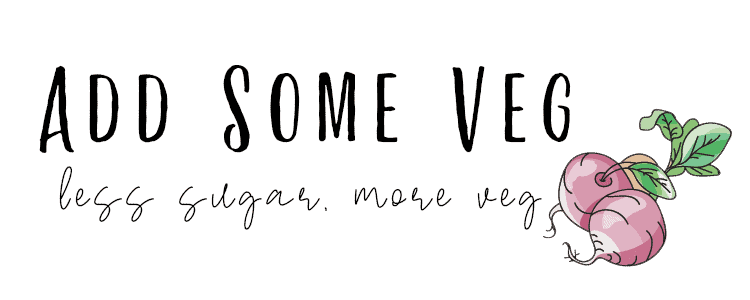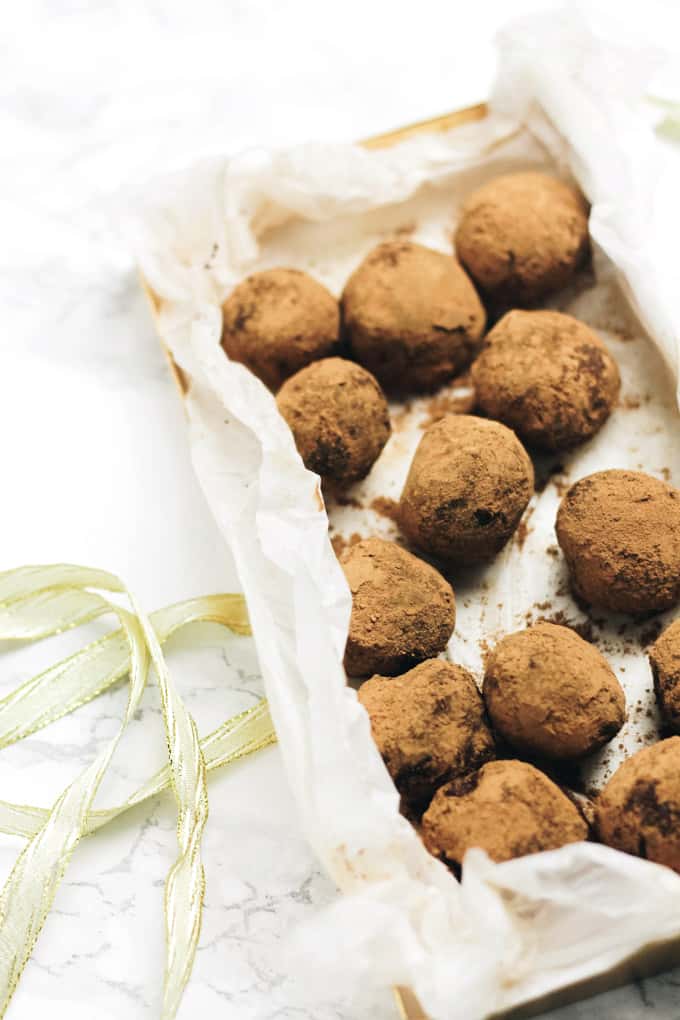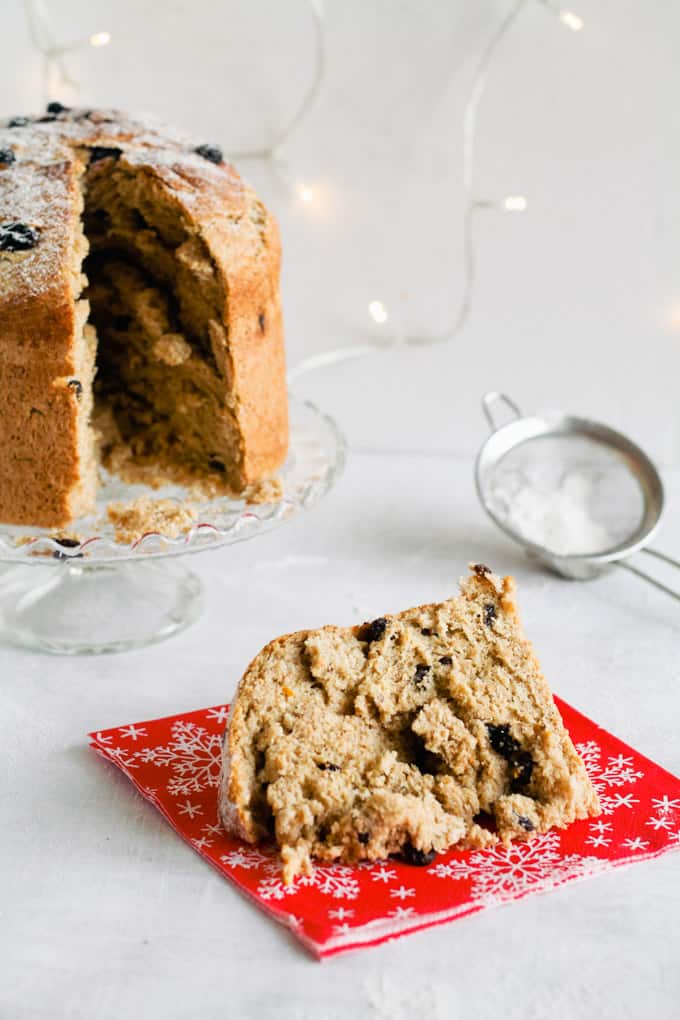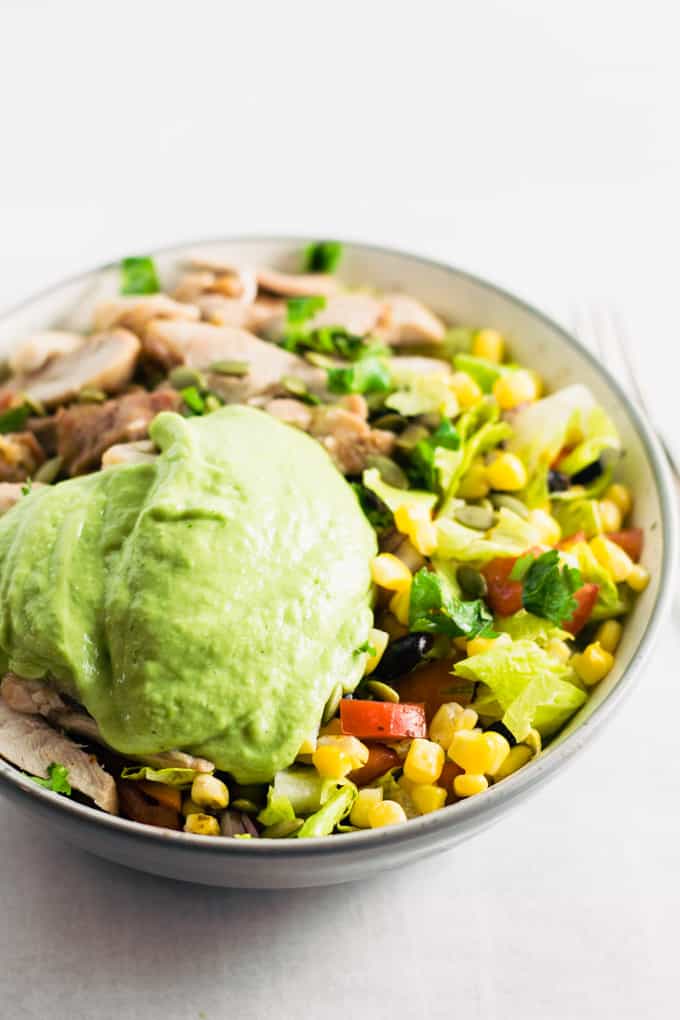Sugar Free For £1 a Day: What I’ve Learned
Our “Sugar Free For £1 a Day” challenge has come to an end, and we have come in at about £30 (about £2 over). We had to go back out to the shops twice in the week: once because we remembered we had invited friends over for lunch and had not budgeted/planned enough for them (we made pizza from what we already had but needed a little extra veg and cheese for toppings), and once for milk for the kids.
It has been an interesting week, and I feel I’ve learned quite a bit that I want to share with you:
Healthy, Sugar Free Eating Doesn’t Have to Be Expensive
Forget “superfoods” and loading up your cupboards with expensive ingredients. Kale and blueberries are not expensive, but they have as much goodness in them as maca powder and goji berries. Make sure most of your shop is based around a variety of fresh and/or frozen vegetables (and a little fruit), that you pick up a rainbow of colour, and that you supplement with a little meat/fish/legumes, dairy/non-dairy (unsweetened) alternatives, and grains.

Your Pantry is Your Best Friend
Sometimes the best money-saving strategy is to spend a little more upfront in order to buy in bulk and save long-term. But there are times when you either cannot afford to do this, or that it is not in your best interests. I have learned the hard way not to buy in bulk unless it is absolutely something you love, use often (ideally daily, but at least weekly), and that you will use before the sell-by date. Heard that quinoa is amazing? Buy a small pack to try it out, then buy in bulk (ideally British if you are in England) if you love it. We have come to use quinoa more than (and often instead of) pasta, rice & couscous, but if we had not enjoyed it, my buying a big pack would have been pointless and ended up in the bin, as some other less successful buys have!
If you cannot afford to buy in bulk, or aren’t sure you love something, try small amounts and stock your pantry as you go. As you run out of sugary sauces, slowly replace with small bottles of tamari, apple cider vinegar, mustard and spices. As you run out of sugar-laden dried fruits, invest in a few small packs of nuts and find your favourite, ideally buying it in bulk and keeping in the freezer (you can eat nuts straight from there if you want). Keep replacing and replenishing your pantry bit by bit until you find it so well stocked that your weekly shop becomes a lot less expensive by virtue of the fact that all you need to buy are fresh products! The same goes for freezers – well stocked-freezers are lifesavers on a budget!
I buy a few things in bulk 3-4 times a year, including:
Flours (wholewheat, spelt, gluten free flours)
True Cinnamon (Ceylon – this is the kind known for its health benefits, not cassia which is what most supermarkets sell)
Nuts & Seeds
Vanilla Pods (to make homemade vanilla extract)
British Quinoa (and sometimes smaller amounts of millet and buckwheat)
A Slow-Cooker Will Make You Back What it Cost in No Time
I have two slow cookers (this one and this one), and use them for everything from bulk cooking dried beans and chickpeas to freeze in portions, to making batches of dinners to eat and freeze. It does all of the cooking with barely any effort, uses less electricity than a light bulb, keeps the house from getting too hot in the summer, and requires little attention. It transforms ugly vegetables and cheap cuts of meat into delicious, healthy suppers. It’s no longer simply used for stews and soups (although you can make some yummy ones in it!). Do a little digging online, and you will find everything from lasagnes to mashed potatoes to cheesecakes being made in them! And it’s a particularly good investment if you are low on time, as most recipes involve simply throwing ingredients in and turning it on, and it can usually make a large amount, allowing you to “cook once, eat twice” (or more) by saving leftovers for the next day, for lunches, or freezing in portions for the following week.

Sugar Eventually Costs More than Healthy, Whole Foods
Sugar, refined carbs and processed foods can appear cheap, but they leave you more hungry than eating a varied diet including good fats and plenty of vegetables. This means you end up spending any money you think you have saved on snacks and more sugar and carbs. And the truth is, while the food industry would like you to believe otherwise, eating healthy, fresh, whole foods often is cheaper, even upfront! As soon as someone has taken some of the preparation and cooking time out for you, they are going to charge you more for that convenience. Not to mention the costs in terms of health (physical, mental and emotional) and the fact that the addictive nature of sugar will cause you to spend more on it when you don’t need it.
Supermarkets Are Designed to Get You to Spend More
The farmers market may appear expensive (especially in England, where we don’t quite have the thriving market culture that other countries do), but sometimes just being away from the “BUY ONE GET ONE FREE” offers and reduced stickers and constant advertising costs you less in the long run. Supermarkets spend a lot of money on figuring out exactly how to get you to part with your cash, and sometimes being somewhere that hasn’t done that is not only going to cost you less, but will also cause less food waste and end up being a more pleasant shopping experience! If you do all your food shopping in a supermarket, a top tip is to usually stick to the outer aisles as much as possible, where there is more fresh produce and less of the in-your-face end-of-aisle offers.
Sometimes It Is Worth Spending More If You Can Afford It
It has been illuminating to see how little I could spend and still feed my family good food, but I am a firm believer in buying certain products in order to take our diet to another, better level for our health. I am hoping that the more of us who choose to buy and eat our food this way, the cheaper these foods will become due to increased demands, but for now, they are sadly often out of some people’s reach. When our budget stretches, we buy organic milk, butter and sometimes eggs or cheese. I make our yogurt (and occasionally some cheeses) from the organic milk. We are signed up to a free range British meat box scheme that we love and stock our freezer with each month (it means we eat great quality meat, but we limit it to just a couple of times a week instead of daily!). We get nitrate-free grass-fed bacon from our local butchers (the BEST bacon we’ve ever tasted, hands down!). We try our best to buy the Mean 18 (Dirty Dozen in America) in fruit & veg organically, when it is available and when our budget allows and have actually been using an entirely organic veg box scheme within budget for a couple of years now. We try to buy organic flours and grains if we can, but often this does not stretch. And it is not all about health. We try to buy ethically, too. We think carefully about which supermarket to use. We buy Fairtrade chocolate, tea & coffee, and bananas, and we look for sustainably caught fish. We use local shops (greengrocers, fishmongers, butchers) when possible.
Our budget has adapted as our family and circumstances have grown and changed, but part of why we are able to afford this on a pretty small salary is because we decided very early on in our marriage that food was very important to us, and we were willing to sacrifice in other areas in order to allow it to stretch to better quality food. We rarely buy new clothes or books or DVDs. We try to keep outings to a smallish budget and don’t often go out for dinner or get takeaways. We have one big holiday a year within a (tight) budget. We don’t have a TV or Sky subscription. Our phone bills are pretty small. We have allowed ourselves a very small amount of personal spending money each month (less than I got as pocket money as a teenager) to get these things when we want to so we have some money to “splurge” and don’t feel we are missing out too much, but we try to limit things where we can to allow our family to eat healthy, fresh and whole food. And for us, it’s totally worth it.
And the great news? Even with grass-fed meat, organic fruit & veg, organic dairy and all of this… we still only spend the national average for the UK as a family of four. Yep. That’s how great well-thought through healthy eating can be!

Those On a Really Tight Budget Need Our Help
This week was certainly doable. But it was not easy. If I had been on a real, tight budget, I wouldn’t have been able to have anyone over. I would have struggled to stock my pantry with the things I already had there and used during the week (I included the costs used in the total spend, but they were often bulk-bought items). There really is no wiggle room for those on this tight a food budget. No coffees out. No snacks. No extras. You can eat healthily for little, but it takes time many don’t have, and it is hard to make it “really healthy”.
So perhaps it is worth us bearing this in mind and trying to help. If you know someone whose food budget is particularly small, why not gift them with fresh food, bulk buy and split the items (and therefore cost) with them. Invite them out for coffee, on you. Buy a hot drink, water and some fresh fruit for the person on the street. Leave something healthy in the next food bank trolley you walk by. Or why not take part in Live Below the Line yourself and donate the rest of your usual budget to the charity?
As I go straight into the next I Quit Sugar 8-Week Program, which prides itself on eating healthily on a budget and reducing food waste while teaching you how to eat well and leave sugar behind, but which is not the cheapest thing to sign up for (works out as around £10 a week), I hope that I can take the lessons I learn from it and make it accessible to all, particularly those who are struggling with affording real food. And however you eat and whatever your budget, you can take the general IQS phrase “JERF” (Just Eat Real Food) and make affordable, healthy food the norm in your family…







